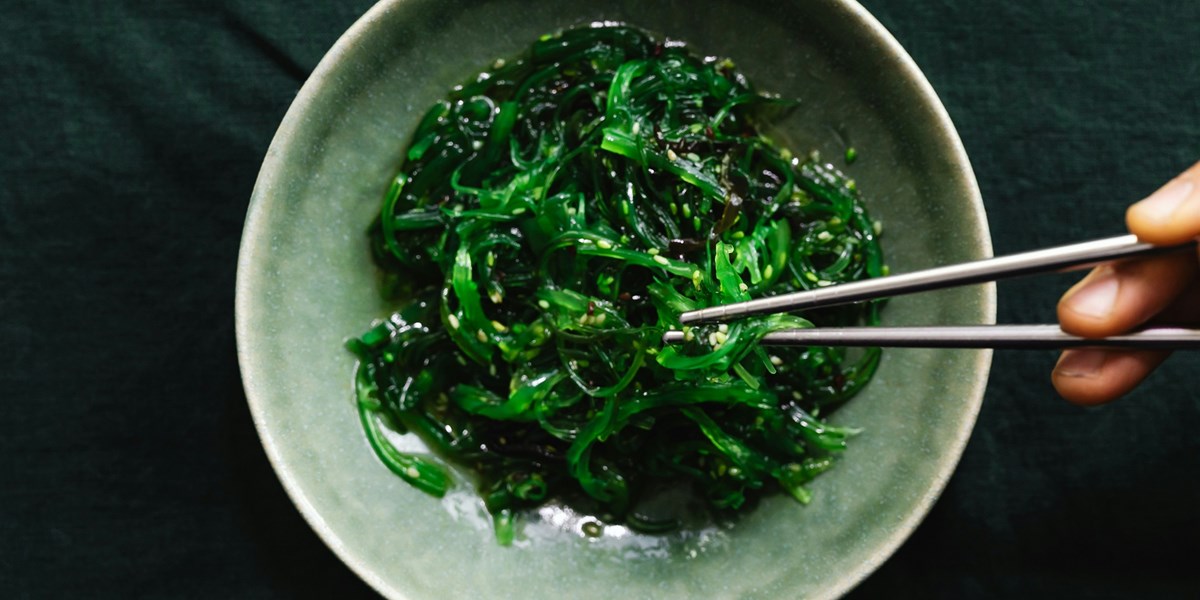Every type of business needs to get off to the best possible start. For a food & drink business the best possible start will almost always involve investment but how can you use intellectual property (IP) to make your foods and drinks more attractive to potential investors?
The first step is to be able to present a credible and cohesive business plan. However, your plan will need to be underpinned by a strategy capable of delivering your plan. Then the delivery of your strategy will require IP in some shape or form.
In an investment context, IP will be critical to defining the value of your business. It will provide your commercial advantage. It will allow you to create exclusivity. It will protect what you have and how you plan to use it, from the unwanted attention of your competitors.
This means IP plays a crucial role in making food & drink businesses attractive to investors.
We have seen valuations drop by as much as 70% when investors spot weaknesses in an IP portfolio. More worryingly, we’ve also seen a significant number of investors walk away entirely if they don’t like what they see.
This means that if you are going to give your business the best possible start, you need an IP strategy that not only complements but reflects your business plan from the outset. Starting with a strong IP position on day one will support a strong exit and ultimately a strong exit is the one thing that will make you attractive to investors.
HOW DO YOU CREATE THE RIGHT IP STRATEGY?
Too many new businesses still think IP is just there to tick a box or worse, ignore it until it’s too late. Pursuing anything other than the right IP strategy from the start will be detrimental to your success in the longer term.
Once the wheels are in motion it will be difficult - not to mention expensive - to get back on course. By that time, the opportunity to attract the investment you need to fund your growth could have been lost for ever.
Instead, we’d always suggest you take time to:
Understand
Understand the different types of IP, how each will help you deliver your business plan and, crucially, how you can exploit your IP to maximise the value of your products’ value proposition.
Identify
Identify exactly what IP you have and what you need as early as possible. Then you need to identify the best way to protect it in line with your business plan and identify when or even if to start the process of obtaining the required protection.
Develop
Develop a formal filing strategy that sets out where, when, and how you file for registered protection, and work out how to capture and protect any secret know how you also have. Whilst instituting policies to record the unregistered rights you’re creating.
This must include considering which commercial contracts you need to safely capture and deliver your IP strategy and maximise its long-term value.
Document
Produce a comprehensive set of support documentation that you can share with any potential investors.
Implement
Even the best ideas will have little impact if they’re not acted upon! Once you have completed the first 4 stages, you need to take the necessary action.
WHAT SHOULD A FOOD & DRINK BUSINESS' IP STRATEGY INCLUDE?
There is no one size approach to setting the right IP strategy. The right choices will always depend on the IP your business or product has, your objectives and the way you plan to use your IP to successfully achieve your objectives.
However, in terms of the individual IP rights you may wish to consider, they are:
Trade marks
Trade marks will protect your brand. Your brand will be pivotal to the products achieving the highest level of market recognition. You also need to know how high the risk of being drawn into potential infringement action is.
Patents
You may need patents to protect certain aspects of your products’ formulation or production. Likewise, existing patents could hamper your freedom to operate which would massively damage your chances of securing investment.
Copyright
You may need to use copyright to protect your packaging designs, marketing materials, or product literature.
Trade secrets
You may need to record trade secrets to protect confidential information relating to your recipes or formulations. This is particularly applicable to the food & drink industry as some of the world’s most valuable trade secrets sit within the sectors, the Coca Cola recipe, KFC’s blend of herbs and spices and the recipe for McDonald’s special sauce.
Licenses and contracts
You may need to create license agreements if your business model is based on licensing your products for use by third parties. Similarly, you may need to draft contracts to protect your interactions with suppliers, distributors, and other partners to prevent any IP-related disputes arising.
Regulatory compliance
As functional and health foods become more prominent, you must also make sure your labelling and packaging are compliant, and any health or environmental claims are substantiable.
Domain names
You will want to secure and protect your domain names if you are planning to trade online.
If you a food & drink business seeking investment and would like to find out more about how IP can make you a more attractive to investors, please get in touch with our dedicated food and drink team today.
If you’d like to find out how you can apply for government funding to cover the cost of creating the right IP strategy, we explain more here.






